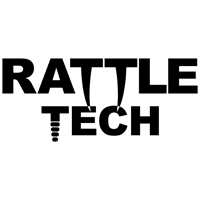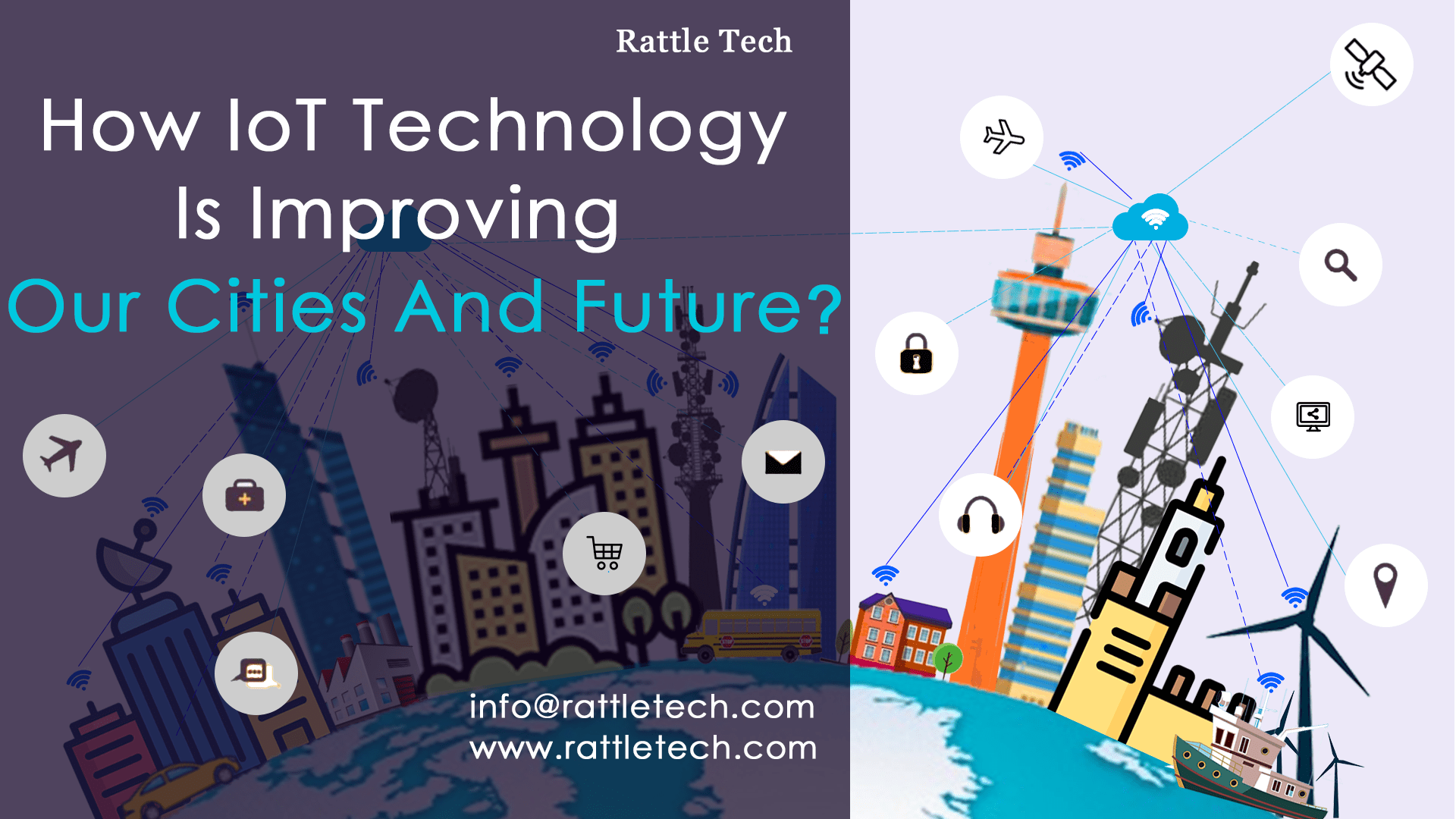
IoT is a game-changer for the logistics industry. In logistics and transportation, the Internet of Things can create a machine-to-machine connections that enable vehicles, packages, containers, loading equipment, and other devices and assets to communicate with one another throughout the supply chain. Human beings don’t have to manually log information when smart devices can trap that data automatically. So how will tomorrow’s thought leaders revolutionize logistics and transportation with IoT?
Main Roles of IoT Technology in the Logistics Industry:
360-degree Product Tracking
Increasing the transparency of the delivery process is the primary objective business managers want to achieve with IoT implementation. It’s extremely important to manage the warehouse space efficiently in order to make the delivery of goods fast and easy. Moreover, using smart systems built with IoT can also help you optimize your space and locate packages in the most optimal place. Installing smart sensors in the warehouse can be a great way to automatically create orders when there’s little supply left. This can be a good way to manage limited space in the warehouse.
Security and Theft detection
Connected applications increase the control over who enters the warehouse at any given time, help track all items, and alert the business manager in case something goes missing. Examples of IoT-powered security applications are connected CCTVs, apps that allow warehouse managers to block the doors of the facility remotely, asset tracking logistics applications that help monitor deliveries, and more.
Smart Fleet management
One of the biggest advantages that IoT serves in logistics is the Smart Fleet Management. Thanks to sensors and devices embedded in the vehicles we can gather information about the condition of the vehicle, the amount of fuel, or driver behavior. Monitoring the condition of important parts of vehicles like tire pressure, coolant level, and so on can minimize the number of unexpected failures. Having real-time access to these data makes maintenance a lot easier and more effective.
Another way to use IoT in logistics is by installing sensors and devices responsible for maintaining the right temperature and humidity conditions within the truck. It’s extremely important when transporting foods and medicines. Internet of Things gives us the advantage not only based on the real-time knowledge on the situation. Many devices control and correct the situation when it’s not meeting the standards
Final Thoughts
The Internet of Things provides logistics managers with control and transparency they couldn’t have seen coming before. It provides complete insights for improving decision-making and even assist in streamlining deliveries as an independent player.
If you are looking for a team of professional IoT software developers to help you build a custom logistics management system, contact Rattle Tech. Take a look at our case studies to learn more about Rattle Tech experience. To get a free consultation, leave a message.







